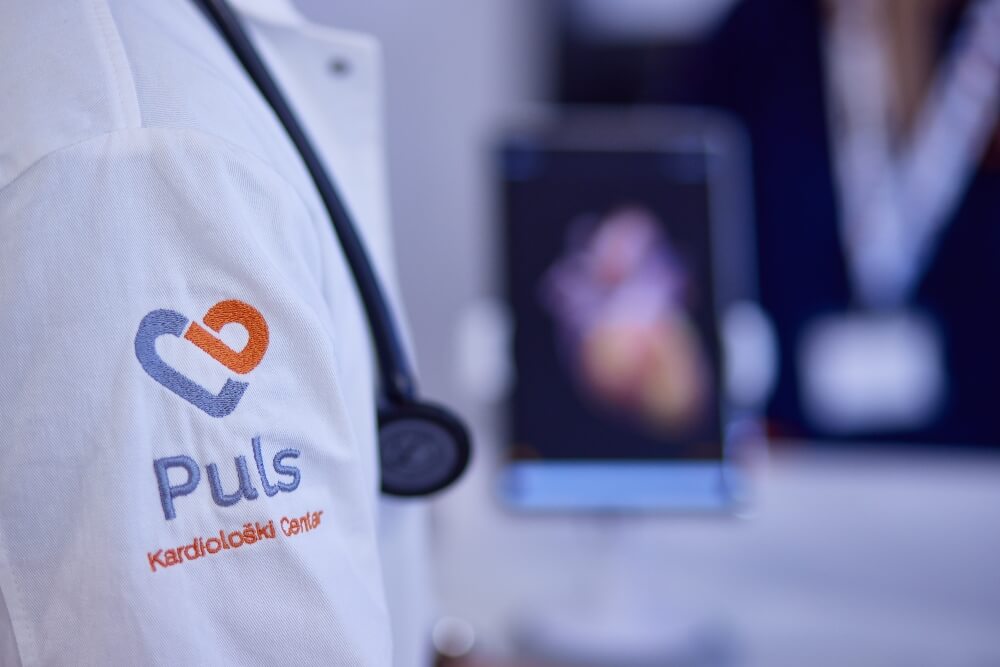Regardless of the reason for the occurrence of these symptoms, it is important to identify them in order to avoid unpleasant episodes. Even if you have discovered that certain medications help alleviate the pain, we do not recommend self-medicating for an extended period of time. To prevent unwanted reactions, you should discover the underlying cause and have a professional determine the appropriate therapy for you.
Among the most common types of headaches recorded among adults, including teenagers, are tension headaches. They may not be dangerous, but if they are frequent, a specialist should first confirm their presence and then determine the methods of prevention and treatment.
Why do headaches occur?
Headaches can be symptoms of other diseases that may not only affect the head area but can also be a problem in themselves. Patients describe them as tension in the head, pain in the temples, or in other areas, and they may be accompanied by other symptoms.
There are numerous reasons why headaches occur, and so far, hundreds of headache types have been identified! Sometimes, they can be a result of viral or bacterial infections, dehydration, anemia, low blood sugar levels, poor vision, nerve issues, or they can be a sign of more serious conditions, or they can manifest as a primary problem.
To accurately determine the causes, patients often require a team of doctors, including a neurologist, an ORL, a cardiologist, and a radiologist. That is why we have established the Headache Center within Pulse Cardiology Center, so that patients can undergo all the necessary tests and receive the fastest possible diagnosis, all in one place. We follow the protocols of the International Headache Society and provide excellent service and care.

What types of headaches exist?
Headaches are primarily classified into primary, secondary, and neuralgias.
Primary headaches are those that are not caused by another underlying condition. They are the most common types and include:
- Migraines
- Tension headaches
- Trigeminal autonomic cephalalgias
- Cluster headaches
Secondary headaches are those that occur as a result of an infection, head injury, or another medical condition. There are many different types of secondary headaches.
Neuralgias refer to specific facial and head pain that is associated with issues affecting the nerves in those areas.
What is a tension headache?
Tension headache is a primary headache and the most common type. It can occur as early as adolescence and is slightly more common in women than in men. It is less common in individuals over 50 years old compared to younger individuals.
What characterizes tension headaches is the discomfort described as pressure or tension in the head (as if wearing a tight band around the head) or pain in the top of the head. The pain can occur on both sides of the head, unlike migraines that typically affect one side. There is no pulsating sensation, and the intensity of the pain remains constant without worsening with changes in posture or activities.
Nausea is not typically associated with these headaches, but during painful episodes, there may be sensitivity to light or loud noises. Although nausea may not be present, some additional symptoms can accompany tension headaches, such as sweating, tremors, fear, restlessness, and palpitations.
There are two types: chronic and episodic.
Episodic tension headache refers to headaches occurring less than 15 days per month and usually lasting for a few hours, occasionally a few consecutive days.
Chronic tension headache lasts for more than 15 days per month, with a longer duration of headache episodes and higher intensity of pain. This type of headache can have a significant negative impact on the patient’s psychological well-being.
Having headaches or tension in the head for a significant part of the month can greatly affect one’s quality of life and is often associated with anxiety and depression. Fortunately, only about 3% of people experience chronic tension headaches, while episodic tension headaches
What causes tension headaches?
The exact cause is not fully understood, but there are several factors that can potentially trigger this type of headache:
- Musculoskeletal problems in the neck area
- Muscle spasms
- Poor posture of the neck and body in general
- Stress
- Irregular eating habits
- Lack of sleep
- Anxiety
In fact, tension headaches are also known as contraction headaches, psychogenic headaches, or stress headaches, which emphasizes how our internal state, emotions, and coping mechanisms in stressful situations can influence their occurrence.
What are the symptoms of a tension headache?
The distinguishing features of this type of headache include:
- A sensation of pressure and tightness, without pulsation
- Pain that may also radiate to the neck
- Consistent intensity of pain
What distinguishes tension headaches from other types of headaches?
The accompanying symptoms and triggers that cause this type of headache are what distinguish tension headaches from other types, but it is still up to a specialist to diagnose it. Most people experience an episodic type of tension headache, which is typically characterized by a tolerable level of pain that allows for normal activities and daily living. However, chronic tension headaches should not be ignored or self-treated, as they can significantly impact a patient’s quality of life and contribute to the development or exacerbation of anxiety and depression.
Our experts are here to help you address this problem because it is not always straightforward and may require multiple approaches, not just medication.
What to do when you have a headache and when to visit a doctor?
Due to the frequency of headaches, sometimes we are unsure about what to do when we have a headache and when it is really time to see a doctor. Headaches that are symptoms of another illness or condition usually come with additional symptoms that prompt us to seek medical help more quickly. On the other hand, when we have a “simple” headache, especially if the pain goes away with the use of medication, we tend to postpone going for a check-up. However, we shouldn’t do that, especially if we notice the pain returning.
The safest way to prevent the reactivation of pain is to have a specialist diagnose the problem and then recommend a treatment plan.

How are tension headaches treated?
For treatment, medications such as paracetamol, ibuprofen, and similar drugs are used. Sometimes patients are recommended exercises, massage, acupuncture – if the cause is musculoskeletal problems in the neck area. If the problem is caused by stress, mastering stress reduction techniques, relaxation, paying attention to sleep duration, diet, and similar practices are advised.
Healthy lifestyle habits are a way to prevent and treat this type of headache. Pressure, tightness, and head pain are very uncomfortable, often associated with stress, and occur precisely in situations when we least need them. Some people, in addition to pain, also have a fear of their occurrence, as their intensity can be extremely strong, making it difficult for them to cope when it happens.
If you have these problems, the best solution for you is to visit our clinic. We have put together a special package of examinations and analyses – the Headache Package, so that you can do everything necessary for diagnosis and treatment advice in one place, in one day.
Let headaches be a thing of the past! Schedule an appointment with us!





